We are searching for
--
Please wait. This should take only a few seconds.

We are searching for
--
Please wait. This should take only a few seconds.

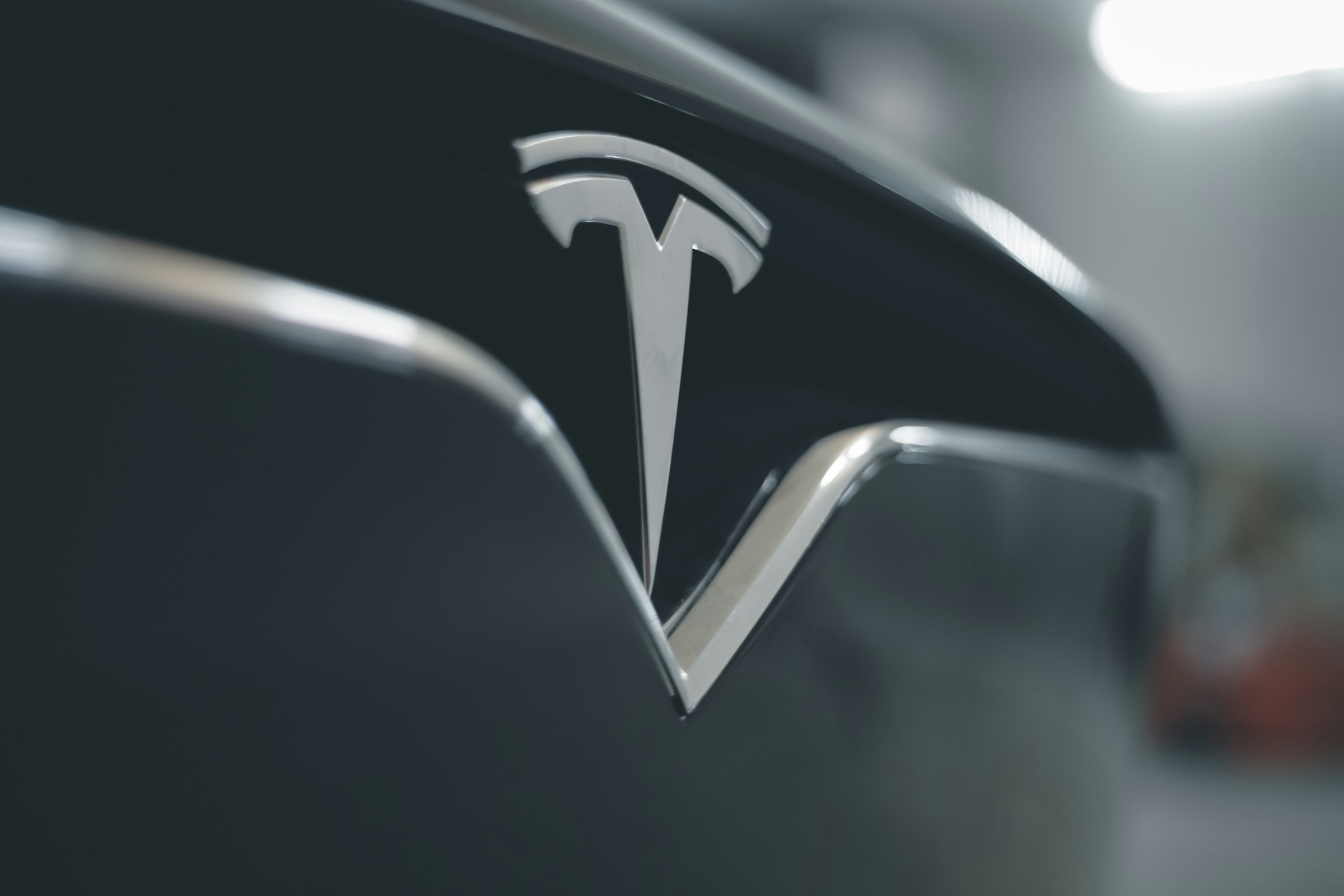
Tesla is a trailblazer in the automobile industry. The company is responsible for a slew of EVs since it entered the industry with its first car model in 2008. Despite having only manufactured seven vehicles, Tesla has had to recall some of its models severally since 2008.
In its largest-ever recall to date, Tesla recalled approximately 2.2 million vehicles due to a warning-lights problem. According to the NHTSA (National Highway Traffic Safety Administration), the font size displayed on the park, brake, and antilock brake system warning panels in the affected vehicles was smaller than 3.2 mm, bringing the vehicles out of compliance with Federal Motor Vehicle Safety standards.
Also, in January 2024, the China State Administration for Market Regulation asked Tesla to recall 1.61 million Model X, S, 3, and Y vehicles in the country to fix issues with the autopilot driver-assistance system and door latch controls. This January 2024 recall was the largest Tesla recall in China, the company's second-largest market.
Tesla issued a recall to most Model X vehicles manufactured prior to mid-October 2016 due to excessive corrosion on the bolts attached to the power steering component. The company stated that excessive corrosion on the bolts attaching the power steering to the steering gear, especially in cold climates, may cause the bolts to fracture, causing loss of power steering assist. While the loss of power steering assist may not prevent the driver from steering the vehicle, it would need more force to turn the steering wheel, typically during low-speed parking maneuvers.
Tesla issued a voluntary recall for its model year 2021-2023 Model X and Model S vehicles to inspect and ensure first-row seat belts are correctly connected to their pretensioner anchors. While the recall does not apply to all Model X and Model S vehicles, if a seat belt is not properly connected to the pretensioner anchor, the seat belt may not perform as expected in the event of a collision, increasing the risk of injury.
As part of the popular Takata airbag inflator issue that affected several automobile manufacturers, Tesla also issued a recall in 2017, 2018, and 2019. The Tesla recall included front passenger airbags in 2012 Model S vehicles in 2017, 2013 Model S vehicles in 2018, and 2014-2016 Model S vehicles in 2019.
In 2024, Tesla issued another voluntary recall on model year 2024 Cybertrucks to rework or replace their accelerator pedal assembly in order to ensure sufficient retention force between the accelerator pedal and pad to stop the pad from dislodging. Affected were all model year 2024 Cybertruck vehicles produced from November 13, 2023, to April 4, 2024.
Certain model Year 2023 Model Y, Model S, and Model X were voluntarily recalled for the inspection of the forward-facing cameras. The recall applied to only vehicles identified using Tesla manufacturing records and onboard camera pitch angle data.
Tesla issued a non-compliance recall on some model year 2021-2023 Model X vehicles in order to correct their controllers' set threshold range at low brake fluid levels. The vehicles affected in the recall were identified upon a review of Tesla's manufacturing records. Tesla released an over-the-air update - software release 2023.32.7, on September 28, 2023, to affected Model X vehicles not operating FSD (Full Self Driving) Beta software. Vehicles operating the FSD software were remedied via software version 2023.27.7, delivered over the air.
Tesla has recalled several models of its vehicles, including the latest in its production line - the Cybertruck. In December 2023, more than 2 million Tesla vehicles in the United States were recalled for the installation of safeguards in its Autopilot advanced driver-assistance system. The recall affected 2012-2023 Model S, 2017-2023 Model 3, and 2016-2023 Model X. This was the biggest single recall for Tesla.
Furthermore, the company recalled over 360,000 Tesla vehicles equipped with Tesla's experimental driver assistance software called Full-Self Driving Beta (FSD Beta). Also, more than 356,000 2017-2020 Tesla Model 3 vehicles were recalled in December 2021 for malfunctioning rearview camera issues, which potentially increased accident risks.

The following are some of the Tesla Model 3 recalls in history:
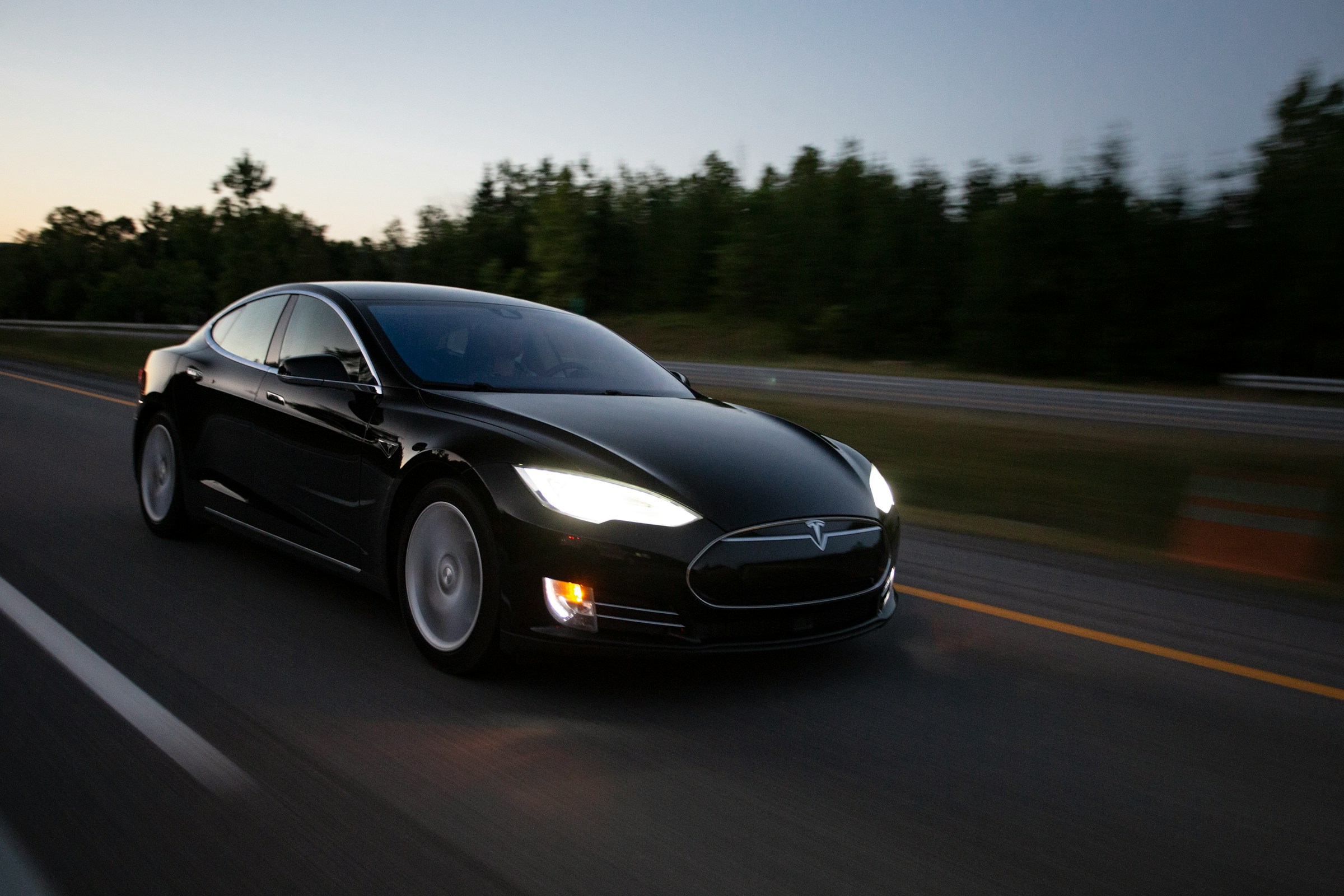
Some of the Tesla Model S recalls include the following:
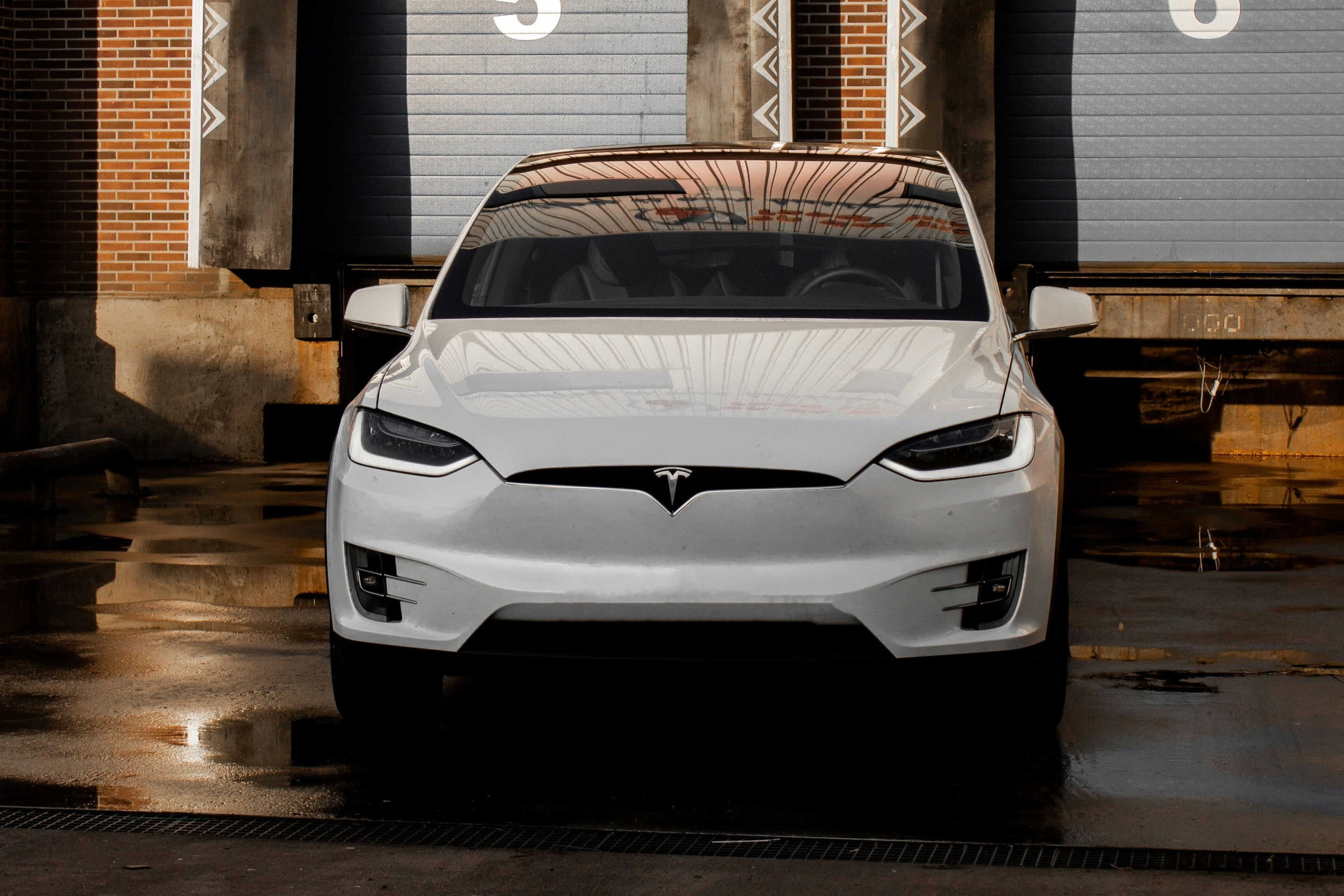
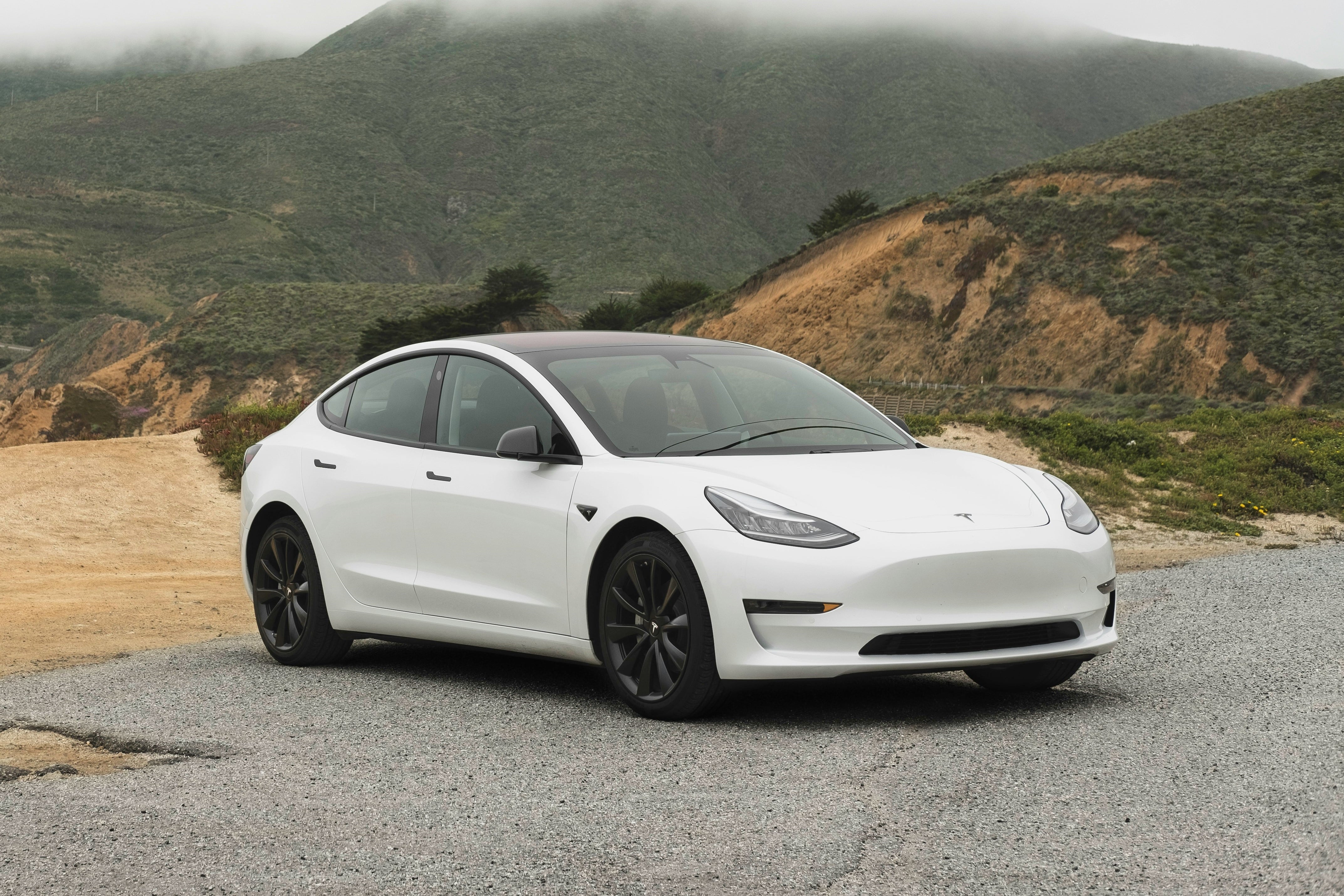
Several recalls have been issued for the Tesla Model Y vehicles for various reasons, including the following:
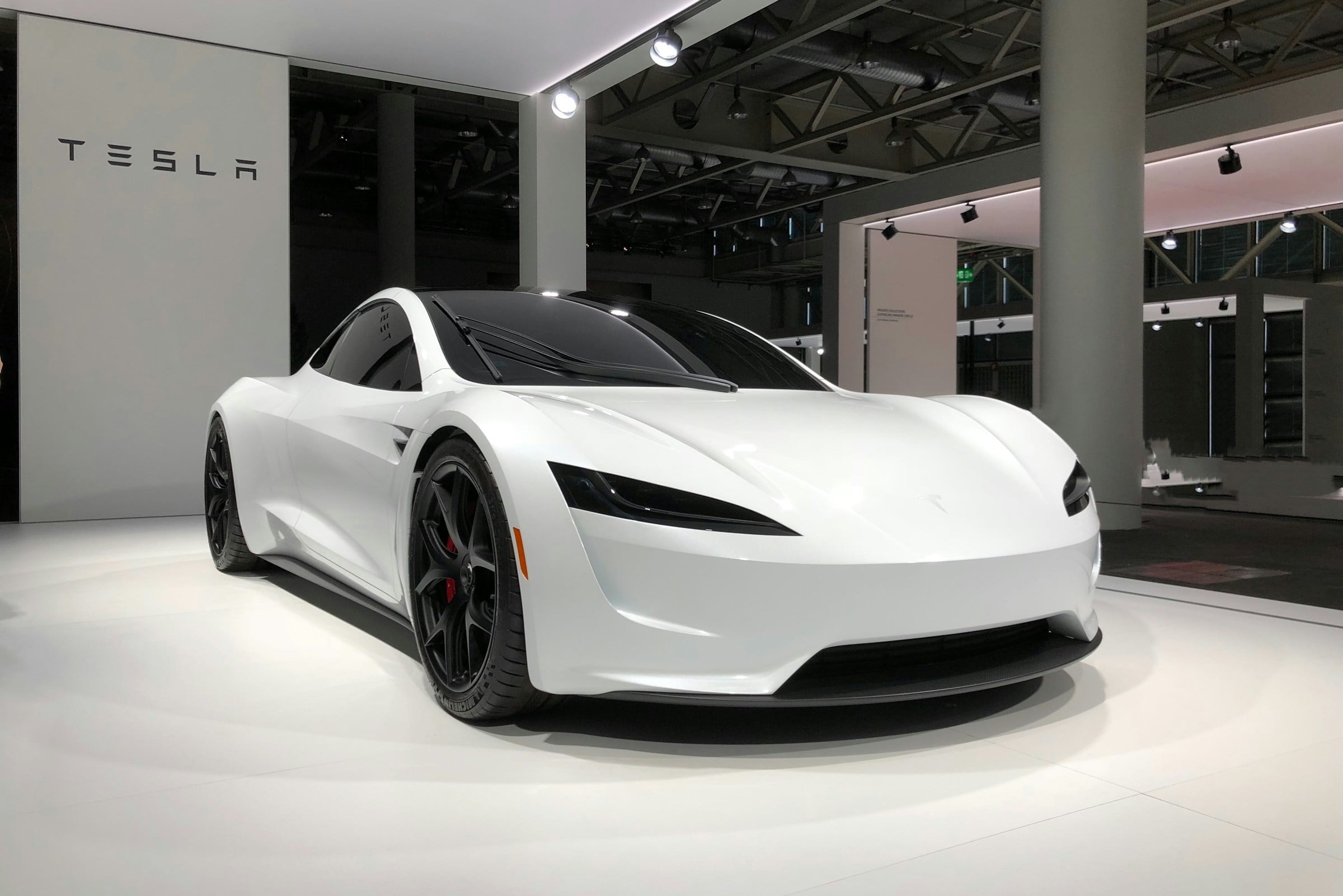
The following are some of the Tesla Corolla recalls over the past few years:

The following are some of the Tesla Frontier recalls over the past few years:
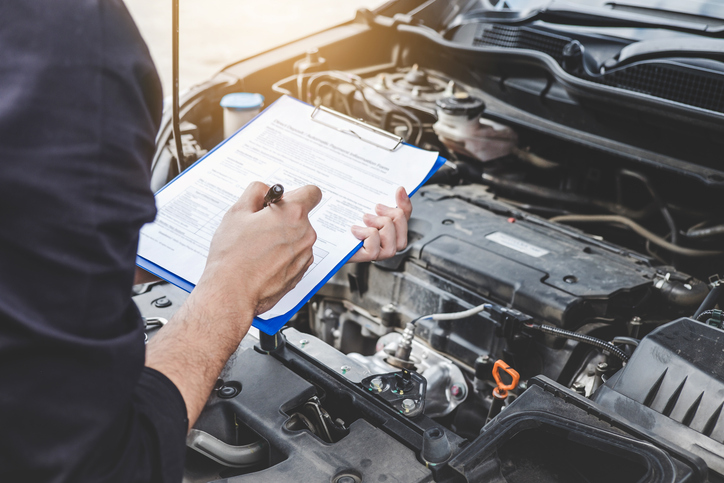
Every Tesla vehicle recall affects your safety and should be considered serious. Tesla and other vehicle manufacturers take public health safety seriously and regularly issue recalls when the vehicle or vehicle parts are found to put the health and safety of vehicle users at risk. While you will be notified if you are an Original Tesla vehicle owner if there is a recall on your vehicle model, you should also check regularly on the Tesla website and other trusted sources for recalls you may have missed out on.
To determine if your Tesla vehicle is subject to a recall, follow these steps:
If you find that your vehicle has been listed for a recall, contact Tesla for specific steps in remediating the fault. Some faults can be corrected via an OTA (over-the-air) update, especially if the recall is due to a software issue. Remediating issues related to physical vehicle parts may require you to schedule an appointment with the Tesla Service Team. You can schedule an appointment on the Tesla App under the "Service" option. Alternatively, you can contact a Tesla Service Center using the Tesla Contact Form and select the "Recalls" option.
On certain passenger vehicles, due to improper heat treatment, the rear axle may not have adequate strength in some areas. The rear axle shafts could fail or break after extended use of the vehicle, increasing the risk of a crash.
Recall consequence
On certain passenger vehicles, due to improper heat treatment, the rear axle may not have adequate strength in some areas. The rear axle shafts could fail or break after extended use of the vehicle, increasing the risk of a crash.
Recall action
Dealers will inspect and replace the rear axle hub assemblies. The manufacturer has reported that owner notification will begin during July 2000. Owners who do not receive the free remedy within a reasonable time should contact Toyota at 1-800-331-4331.
On certain passenger vehicles, due to improper heat treatment, the rear axle may not have adequate strength in some areas. The rear axle shafts could fail or break after extended use of the vehicle, increasing the risk of a crash.
Recall consequence
On certain passenger vehicles, due to improper heat treatment, the rear axle may not have adequate strength in some areas. The rear axle shafts could fail or break after extended use of the vehicle, increasing the risk of a crash.
Recall action
Dealers will inspect and replace the rear axle hub assemblies. The manufacturer has reported that owner notification will begin during July 2000. Owners who do not receive the free remedy within a reasonable time should contact Toyota at 1-800-331-4331.
On certain passenger vehicles, due to improper heat treatment, the rear axle may not have adequate strength in some areas. The rear axle shafts could fail or break after extended use of the vehicle, increasing the risk of a crash.
Recall consequence
On certain passenger vehicles, due to improper heat treatment, the rear axle may not have adequate strength in some areas. The rear axle shafts could fail or break after extended use of the vehicle, increasing the risk of a crash.
Recall action
Dealers will inspect and replace the rear axle hub assemblies. The manufacturer has reported that owner notification will begin during July 2000. Owners who do not receive the free remedy within a reasonable time should contact Toyota at 1-800-331-4331.
One of the fastest and most reliable means of determining whether your vehicle has been recalled is the Tesla recalls by VIN search service provided by GoodCar. GoodCar offers full recall information and also allows users to check for Tesla recalls by providing their plate number information.